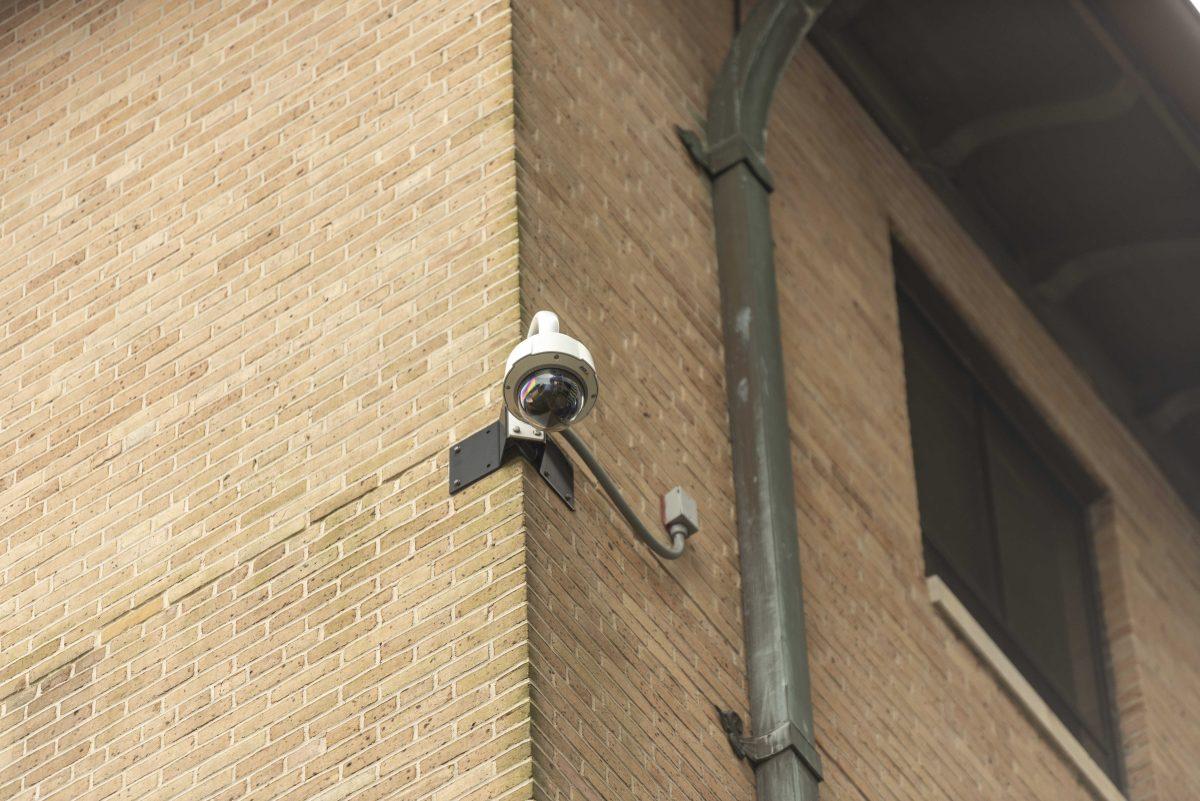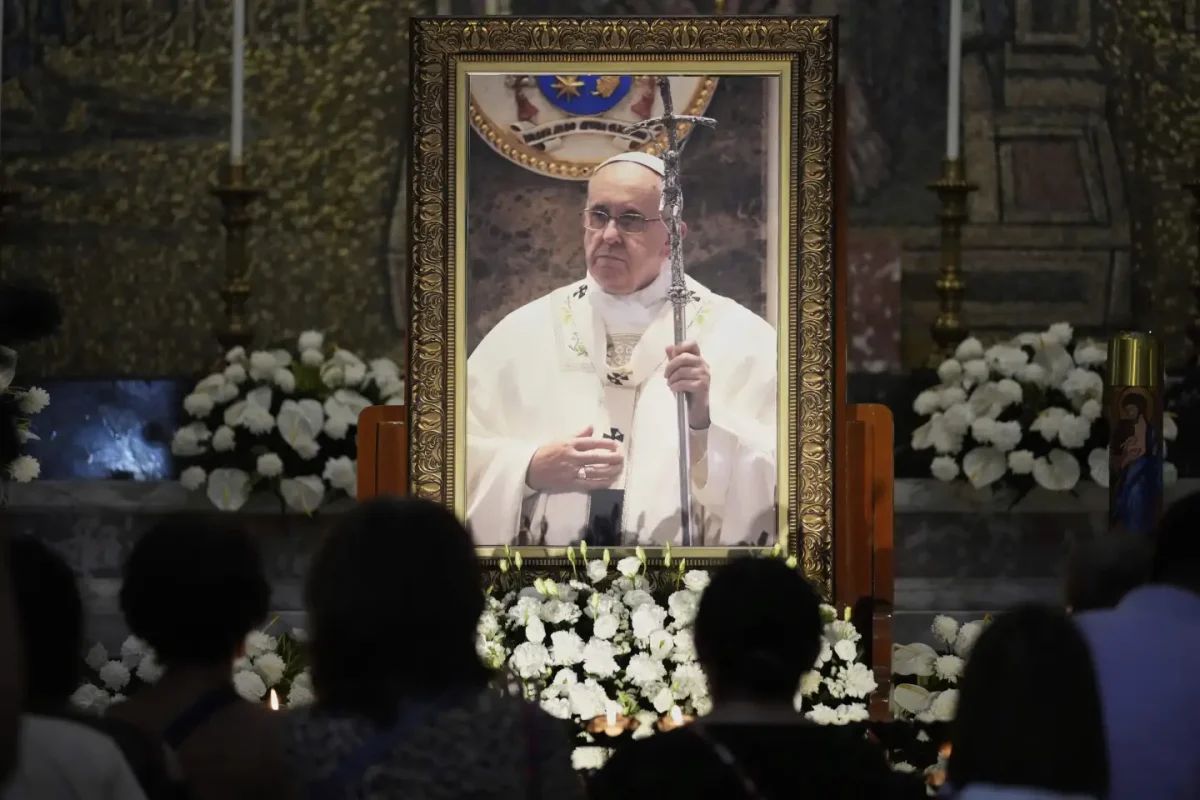The results of the University’s 2018-2019 Campus Climate Survey are telling. Sixty percent of students reported occasionally being fearful on campus. The percentage was higher for female and transgender/queer students.
Students do not feel safe on campus, and why should students, given recent history and the University’s lack of transparency?
A January article published by the Reveille detailed Sidney Slater’s stalking experience and LSUPD’s inability to alleviate the problem. The University’s security system showed no evidence of the alleged stalker and the cameras’ poor nighttime picture quality rendered the footage useless, as the detective told Slater.
When the Reveille contacted LSU regarding the cameras, the University repeatedly denied the detective’s remarks to Slater. The truth was lost within the back-and-forth.
As part of its reporting, the Reveille scheduled interviews with Facility Services Director of Energy Services Bryan Andries and Executive Director of Facility and Property Oversight Tammy Millican. Andries cancelled, citing the need to compile information from other campus departments. A subsequent meeting was never scheduled.
An interview with LSUPD Police Chief Bart Thompson offered inconsistent remarks. Thompson claimed all incidents are captured on camera, but when asked about Slater’s experience, the police chief had a contradictory explanation, stating that the cameras in the area may have been in rotation and may not have caught the alleged stalking incident.
After a string of attempted kidnappings near the LSU campus in 2019, including one reported incident where a woman was followed in the Quad, and another was chased in the parking lot of Patrick F. Taylor Hall, questions of campus safety are more pressing than ever. The negligence the University has shown in regards to campus security is as worrying as it is shameful.
Furthermore, repeated records requests filed by the Reveille for work orders and the locations of the campus’ reported 14,000 cameras have yielded no information. After a month, the Office of Legal Affairs and General Counsel stated it couldn’t respond to the request. It cited Louisiana Statute LSA-RS 44:33.A(3), which states disclosures of certain records, including records containing security procedures, are not required.
With initial attempts unsuccessful, the Reveille filed additional records requests seeking invoices for purchased cameras.
The University’s respective colleges pay for their own buildings’ cameras. This leads to discrepancies in security footage across campus. Are students in one corner of campus entitled to greater safety than those in another based on funding alone? The University created a new policy in January, FASOP PD-02, requiring all campus cameras to follow certain procedure, regardless of funding source. But it is a reactive, not a proactive, measure.
In the Campus Climate Survey, 40% of comments were about the poor lighting, walking around campus and being afraid at night. Security cameras that are useless or have poor nighttime picture quality due to dim lighting, do not help with addressing these concerns. Rather, they add to this growing concern among students. Something must be done.
The longer administrators choose not to be transparent regarding the status of the security cameras and neglect to offer a clear response, the more reasonable it is to believe they are hiding something. But more importantly, student safety remains in question. Without a guarantee of safety, LSU fails as an academic institution. It will continue to fail thousands of students who walk this campus every day.
Editorial Board: LSU’s lack of security camera transparency is dangerous, must be addressed
February 12, 2020
LSU security cameras monitor campus outside of Hatcher Hall on Friday, January 10, 2020.
More to Discover









